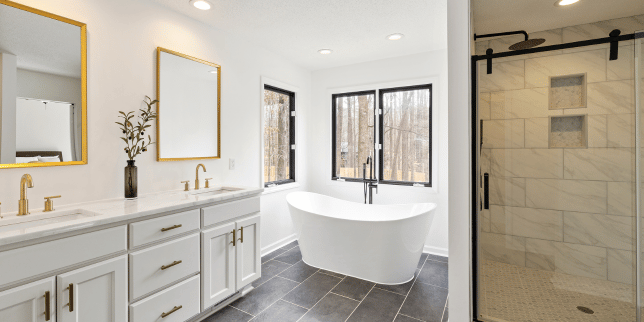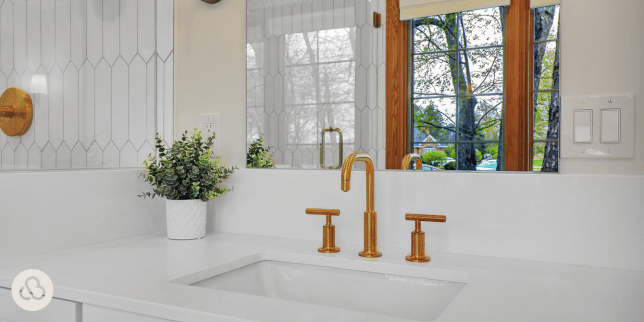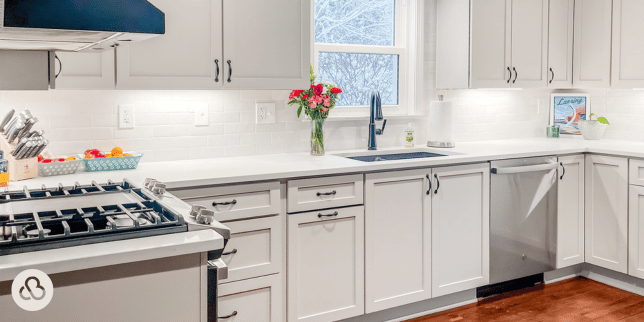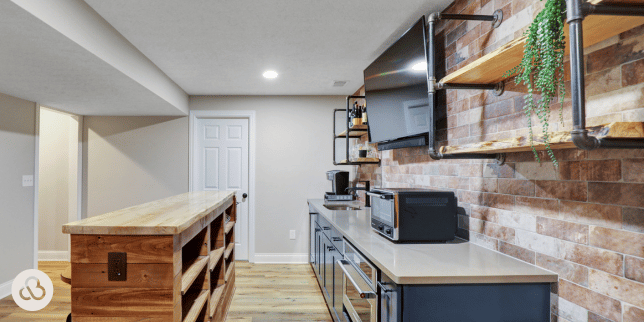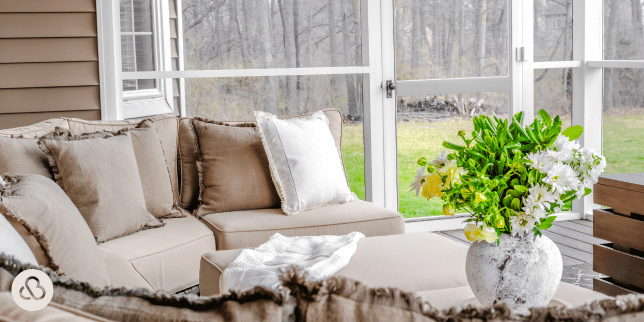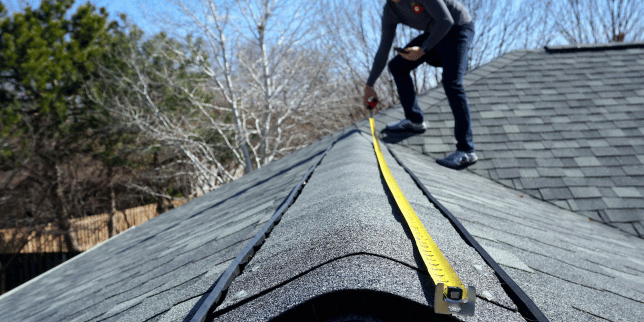Pros and Cons of Smart Home Technology Integration
December 29th, 2023
5 min read
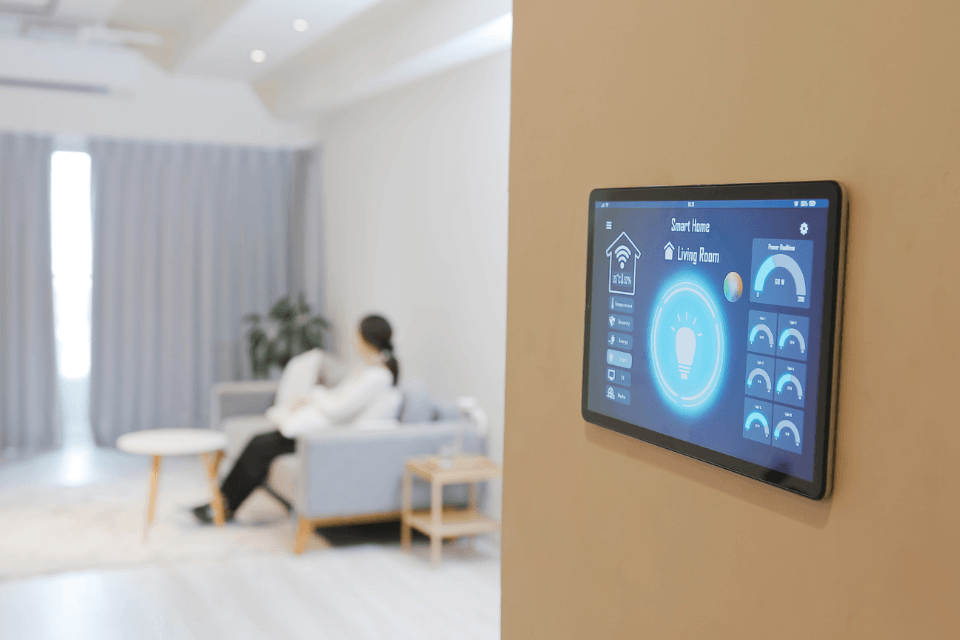
Are you contemplating the leap into the futuristic realm of smart homes, where technology seamlessly orchestrates the rhythm of daily living? The allure of a home that responds to your commands, ensuring convenience, safety, and efficiency, is undoubtedly enticing.
Yet, as you stand on the threshold of this transformative journey, questions linger. What are the real advantages, and what challenges may await in the integration process?
This article addresses your concerns, guiding you through the intricacies of smart home living.
With 15+ years of experience in the field, we understand the pulse of evolving home technologies and empathize with the potential dilemmas you may encounter in this exciting but complex journey.
Throughout this article, you'll gain a nuanced understanding of the pros and cons of smart home technology integration:
Pros:
- Health and Safety in Smart Homes
- Comfort Redefined with Smart Solutions
- Efficiency at Your Fingertips
- Customization for Personalized Living
- Boosts Your Home’s Value
Cons:
- Device-Specific Integration Issues
- Power Outages and Reliance on Technology
- Security and Privacy Concerns Loom Large
- Initial Cost and Investment in Smart Home Systems
- Potential for Obsolescence
Explore the world of smart homes with us. We'll give you tips on voice-activated systems and integration issues so you can make informed choices. Join our journey to discover if a smart home aligns with your vision of connected and efficient living spaces:
5 Pros of Smart Home Technology Integration
1. Health and Safety in Smart Homes
One of the significant advantages of smart home technology is the potential improvement in health and safety. Imagine having air quality systems that not only track but also enhance the purity of the air you breathe. Smart smoke alarms and safe kitchen appliances make your home safer and healthier.
2. Comfort Redefined with Smart Solutions
Picture your outdoor lights coming on as you step outside, thermostats adjusting to your preferred temperature, and hot water controls giving you the warmth you like. These smart features make your home comfy and adapt to your preferences easily.
Motion-activated outdoor lights mean no more searching for switches when you arrive. Auto-adjusting thermostats ensure a cozy environment without any effort, and hot water controls keep the temperature just right for you. This mix of simplicity and customization transforms your home into a cozy haven.
3. Efficiency at Your Fingertips
Efficiency has become the buzzword in smart homes. Think about lights that save energy by turning off when unnecessary. Smart homes are convenient, saving energy and sending personalized alerts about the weather and local events.
For instance, you can easily watch a show on different TVs, much more convenient than traditional setups. This tech makes your home efficient and comfortable, making it easy and enjoyable for you to control and enjoy your living space.
4. Customization for Personalized Living
One of the most appealing aspects of smart homes is the ability to customize your living experience.
Imagine a home that learns your preferences:
- Adjusting lighting
- Finding entertainment options based on your habits
- Alexa/Google generating news stories based on your preferred topics
Smart homes offer a level of personalization that traditional homes struggle to match.
5. Boosts Your Home's Value
Making your home smarter isn't just about making life easier—it could make it more valuable when it's time to sell. Think of it as adding a touch of modern convenience and forward-thinking appeal that could attract potential buyers. Here's how adding smart technologies can potentially increase the market value of your home:
When buyers walk into a home with innovative technologies, it gives the impression of a modern and sophisticated space. Imagine showing off a home where lights respond to your voice or the thermostat adjusts to your liking. It creates the feeling of a home that's not just practical but also ahead of the curve.
In fact, according to TechJury, 81% of consumers say they are more likely to buy a home if it comes with smart home technology already installed.
5 Cons of Smart Home Technology Integration
1. Device-Specific Integration Issues
Yet, in this vision of a tech utopia, challenges arise. Integrating different devices during the remodeling process can be tricky. Some devices might have challenges when connecting, leading to unexpected problems for homeowners wanting a smarter home. Finding the right balance between benefits and potential issues is crucial for a smooth transition to a more tech-savvy living space.
2. Power Outages and Reliance on Technology
Many advanced gadgets need consistent electricity to function. Some smart home technology might not work if the power goes out. If you’re stuck with a tech-heavy home during unexpected power problems, resources like your thermostat won’t turn on.
3. Security and Privacy Concerns Loom Large
Security and privacy become big concerns in a connected home. Watch out for intrusive alerts and the chance of hackers compromising indoor cameras. It's tough to enjoy always being connected without risking security problems.
4. Initial Cost and Investment for Smart Home Systems
While the long-term benefits are evident, the upfront costs of smart home technology can be substantial. The price of high-tech components, installation, and integration may pose a financial barrier for some homeowners. The question arises: Is the investment justified by the long-term gains and convenience?
5. Potential for Obsolescence
Technology evolves at a lightning pace. What's cutting-edge today might become outdated sooner than you think. This applies to smart devices, too—things like smart thermostats, lights, or even security systems. While they're valuable right now, newer and fancier versions might hit the market sooner than you'd expect.
Think of your smartphone. A few years ago, it might have been the hottest thing around, but now, new models boast better features and capabilities. The same principle applies to smart home gadgets. As companies invent and innovate, they roll out newer versions with improved functions, leaving the older ones behind.
Striking the Balance: Deciding If Smart Living Is for You
In the changing world of smart homes, choosing to use technology is a personal decision. The benefits of convenience, health, safety, comfort, efficiency, and customization come with challenges like integrating devices, power outages, and worries about security and privacy.
When you think about making your home smart, it's essential to find a balance that fits your preferences and priorities. Smart living should make life better, not more complicated. The key is to find the right balance for a smooth and secure smart home experience with energy efficiency.
Next Steps to Integrating Smart Home Technology
As we think about the journey into the world of smart homes, it's vital to go back to the reasons that made you consider this tech transformation. The promises of convenience, health, safety, and efficiency sparked your curiosity, encouraging you to explore the possibilities of a connected living space.
In this article, we explored the pros and cons of integrating smart home technology.
Smart living is complex and has many aspects to consider, such as blending comfort and efficiency and potential security issues.
At Custom Built, we get how exciting and curious it is to add smart home technology. With more than 15 years in remodeling, we've set up hundreds of smart home devices, each with its pros and cons.
For those considering integrating smart technologies into their homes, the following steps are crucial. It's time to weigh the benefits against the challenges, finding a balance that aligns with your values and preferences. Whether you proceed with enthusiasm and caution or wait on the cusp of emerging technologies, the decision is yours.
Now that you know the pros and cons of integrating smart home technology, let’s take a look at how Custom Built approaches your remodel, the pros and cons of smart kitchen appliances, and how the latest advancements affect your potential home remodel:
- Dream, Design, and Build: Our Remodeling Process - This guide details how we at Custom Built will approach your remodeling project.
- The Pros & Cons of Smart Kitchen Appliances - Explore the benefits and drawbacks of installing smart kitchen appliances during your remodel.
- The Future of Smart Homes and How it Impacts Your Remodel - Get the inside scoop on the future of smart home technology and how it will influence your remodeling project.
Michael brings over 2 decades of building and remodeling experience to his position as the Owner and Visionary of Custom Built. Michael’s passion to make an impact on the home building industry has led him to serve for over ten years at the local and state Home Builders Association, culminating as President of the HBA of Michigan in 2020.



















